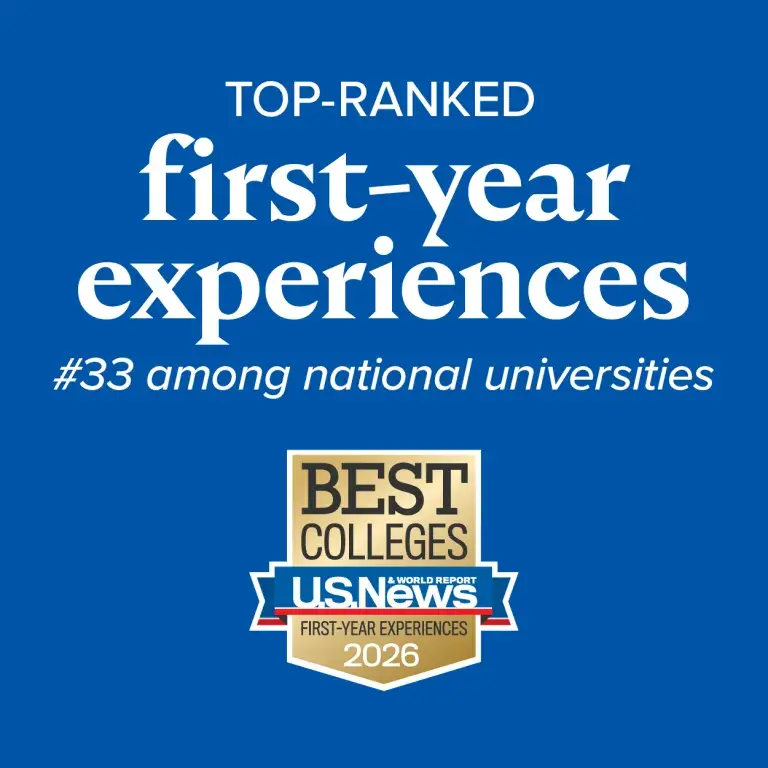
Heider College of Business
As the most connected business school, we understand what it takes to succeed in business—now and 40 years from now. Expert faculty with 500+ years combined experience will guide you through hands-on learning to develop the skills you need. Business careers take flight at Heider.
The Heider Mindset: A Higher Level of Business
To us, you are much more than a business student. You’re an ethical leader in the making. Our exclusive Heider Mindset curriculum prepares you to enter the workforce in any economy: up, down, or—as is standard today—disrupted and thus primed for innovation. At Heider, we give you the knowledge and strategic frameworks you need to understand business clearly, creating intentional opportunities along the way for you to experience different career paths.

Whether your future involves landing a job, launching a venture or going on to graduate school, your success starts here.
Experienced professionals come from experiential programs.
We pack in as many relevant, valuable experiences as possible. So that when you’re ready to leave, you’re also prepared to make an impact—on your community and our world.


Help take Heider to the next level.
As a business graduate, you can help make Heider even better tomorrow than it is today. Give a guest lecture in class. Help a Creighton student with career options. Make a gift. Or get creative and pitch us an idea. There are many ways to get involved and invest in our college’s future.
Heider College of Business Events
There are currently no scheduled events. Check back regularly for new listings.







